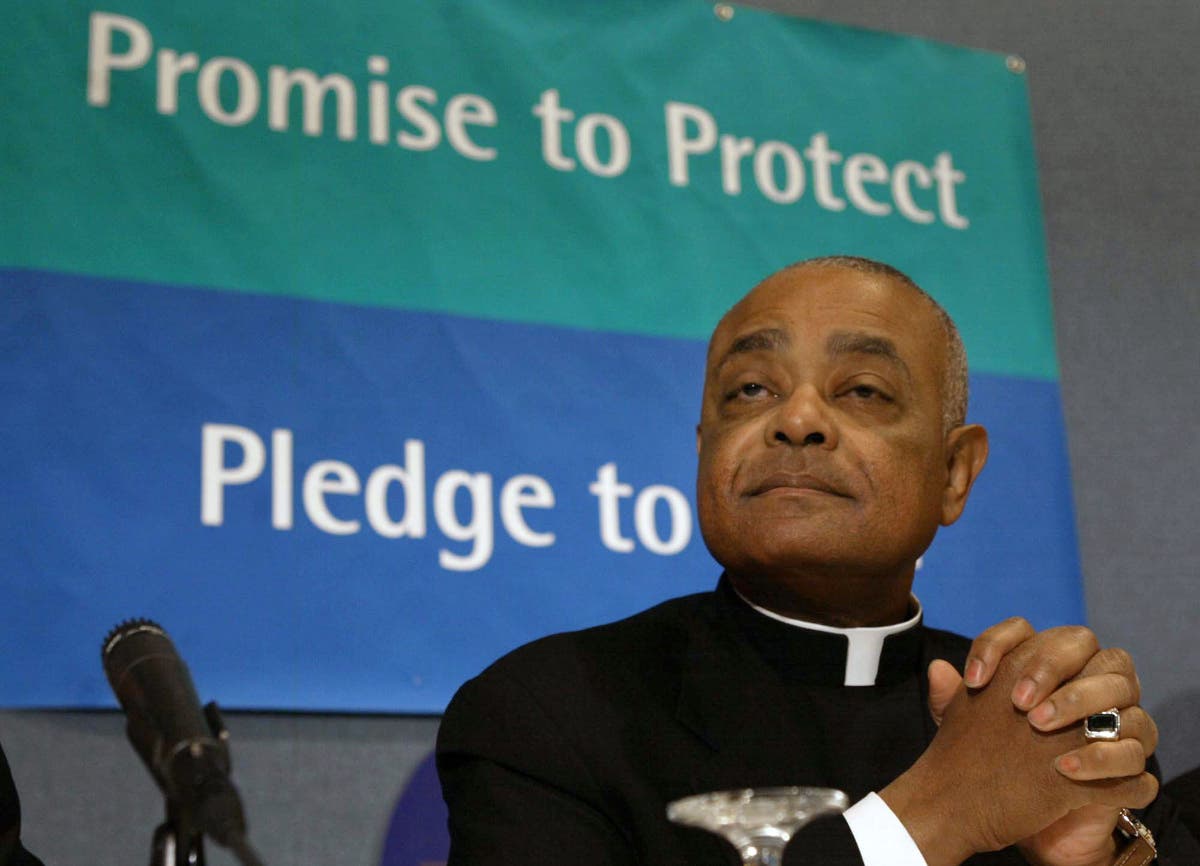In a significant legal development, the Pentagon chief has lost a bid to reject plea deals linked to the 9/11 attacks, a ruling that underscores the ongoing complexities of justice and accountability in the aftermath of one of the most devastating events in American history. The plea deals, which were negotiated with several detainees at Guantanamo Bay, have been a point of contention, reflecting the broader challenges faced by the U.S. government in addressing terrorism-related cases within its legal framework.
The ruling comes amid heightened scrutiny of the military commissions established to prosecute individuals accused of terrorism. These commissions were created in the wake of the September 11 attacks to expedite the legal process for detainees, many of whom have been held for years without trial. Critics of the military commissions argue that they often lack the transparency and due process protections found in civilian courts, raising concerns about the fairness of the proceedings.
The plea deals in question were part of an effort to resolve cases against several individuals accused of involvement in the planning and execution of the 9/11 attacks. These agreements were intended to provide a measure of closure for victims’ families while allowing the government to avoid lengthy trials that could further complicate national security issues. However, the Pentagon chief’s attempt to reject these deals signals a shift in the government’s approach to handling these sensitive cases.
Legal experts have noted that the ruling may have significant implications for future cases involving terrorism suspects. The decision reinforces the notion that plea agreements, once reached, are difficult to overturn, especially in the context of military commissions. This could lead to a more cautious approach by the government when negotiating similar deals in the future, as the potential for legal challenges looms large.
Furthermore, the ruling raises questions about the broader implications for national security and counterterrorism strategies. The ongoing legal battles surrounding the 9/11 cases highlight the challenges faced by the U.S. government in balancing the need for justice with the complexities of national security. As the country continues to grapple with the legacy of the 9/11 attacks, the legal proceedings surrounding these cases serve as a reminder of the enduring impact of that day on American society and its legal system.
In addition to the legal ramifications, the ruling has reignited discussions about the treatment of detainees at Guantanamo Bay and the future of the military commissions. Human rights advocates have long criticized the conditions under which detainees are held and the lack of due process afforded to them. The Pentagon chief’s failed bid to reject the plea deals may prompt renewed calls for reform of the military commission system and greater transparency in the handling of terrorism-related cases.
As the legal proceedings continue, the families of 9/11 victims remain at the forefront of the conversation. Many have expressed frustration with the slow pace of justice and the complexities of the legal system. The ruling is likely to further complicate their pursuit of accountability and closure, as the legal landscape surrounding the 9/11 cases remains fraught with uncertainty.
In conclusion, the Pentagon chief’s unsuccessful attempt to reject the plea deals associated with the 9/11 attacks highlights the intricate legal and ethical challenges that persist in the aftermath of the tragedy. The ruling serves as a reminder of the ongoing struggle to balance justice, national security, and the rights of individuals within the legal system. As the nation reflects on the events of September 11, 2001, the legal proceedings surrounding the attacks continue to evolve, shaping the future of counterterrorism efforts and the pursuit of justice for victims and their families.


